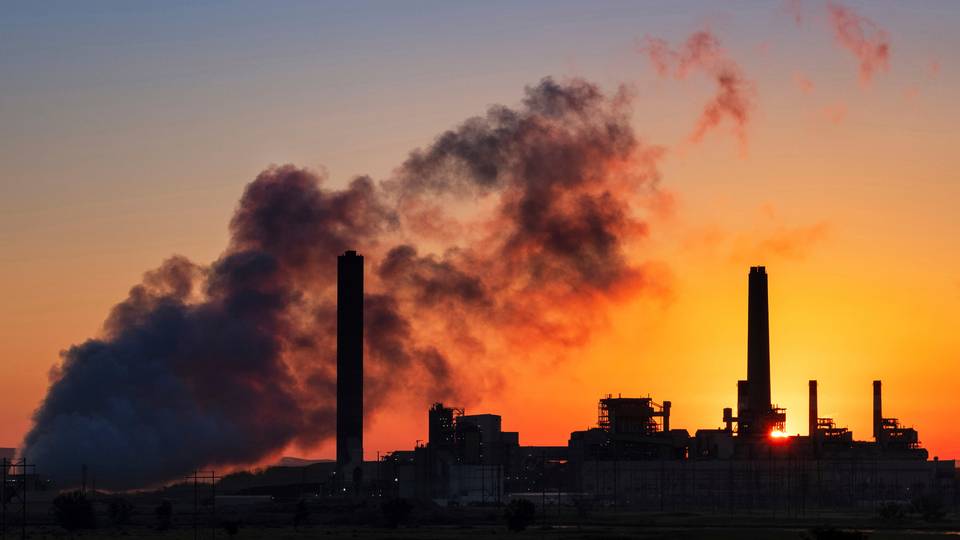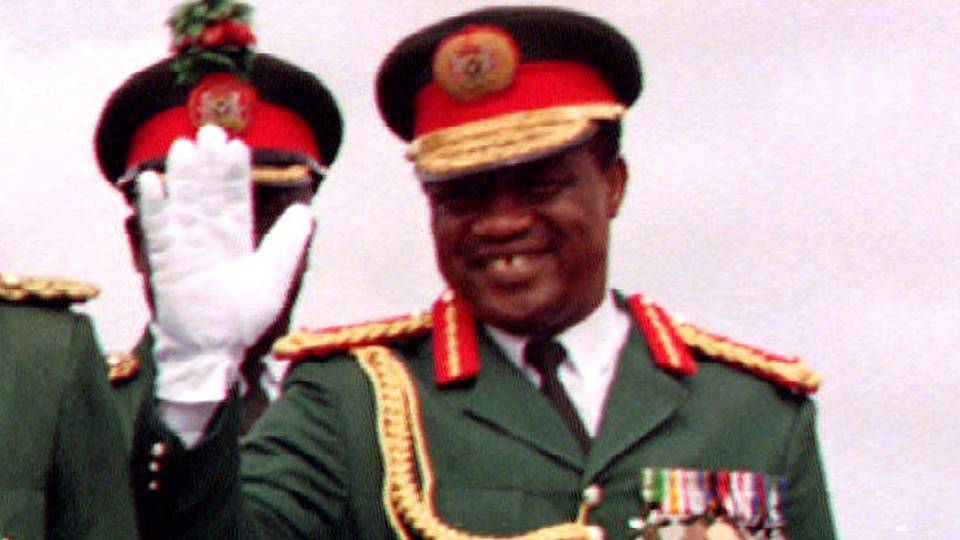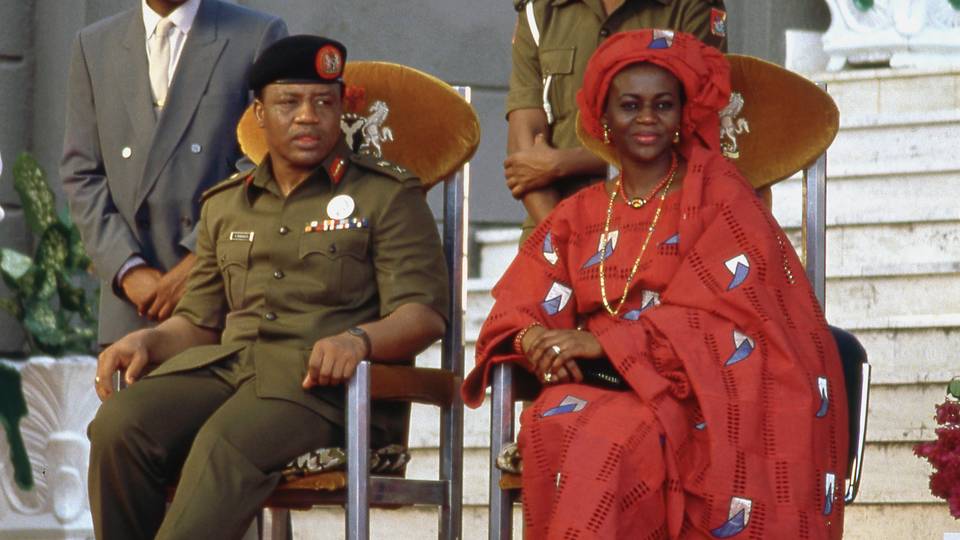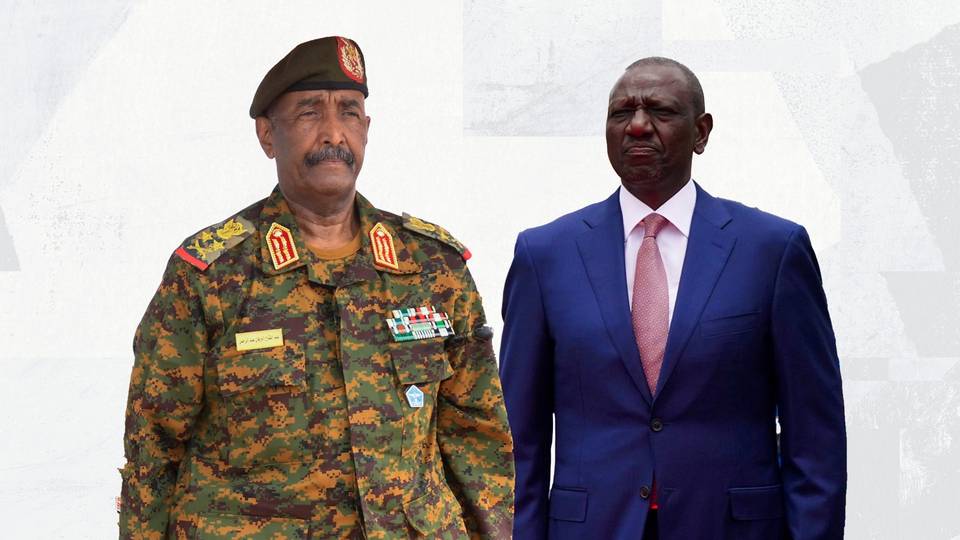Sport
Dollar
38,2552
0.34 %Euro
43,8333
0.15 %Gram Gold
4.076,2000
0.31 %Quarter Gold
6.772,5700
0.78 %Silver
39,9100
0.36 %The road to the COP29 climate summit in Baku this November is paved with difficulties as the Global North goes back on its commitment to fulfilling agreed financial responsibilities.

By Sylvia Chebet
The battle against climate change remains a chronicle of more misses than hits, going by the disappointing stalemate at the final technical meeting ahead of COP29 at Azerbaijan's Baku in November.
The September 9-12 deliberations involving parties to the United Nations Climate Change Conference achieved little progress on the proposed New Collective Quantified Goal (NCQG).
The Baku summit, which runs from November 11 to 22, is expected to tackle what climate experts describe as "an exceedingly difficult question" of how to finance the implementation of the Paris Agreement.
According to the UN, the overarching goals of the treaty adopted by 196 parties in December 2015 are to "hold the increase in the global average temperature to well below 2°C above pre-industrial levels" and "limit the temperature increase to 1.5°C above pre-industrial levels".
An analysis by the African parties determined that the continent needs a ten-fold increase in climate finance, totalling $1.3 trillion annually until 2030, to reach anywhere near the stated goals.

"COP29 in Baku is the first and only moment where there is a requirement to come out with a quantified goal for climate finance from developed countries to developing countries," Iskander Erzini Vernoit, director of IMAL Initiative for Climate & Development, tells TRT Afrika.
Vernoit, who attended the technical meeting in his capacity as one of Africa's leading voices on climate finance and head of the think tank based in Morocco, is concerned about the possibility of the November summit being hijacked by unresolved financial issues.
"We are on the eve of COP29, yet the developed countries continue to hold the rest of the group hostage on so many issues," he says. "They know that any mediocre offer on their part would unite the developing countries against them."
Collective disapproval
The Global North's refusal to include financing for "loss and damage" in the scope of the NCQG is seen as the most telling blow to the COP28 agreement on establishing such a fund.
"These talks are a gigantic disgrace. At last year's COP, everyone celebrated the agreement to set up a new fund for loss and damage. But it turns out the developed countries don't want to put their money into the fund," says John Nordbo, senior climate adviser at CARE.
Climate finance is "not about charity nor generosity; it is about responsibility and justice.
"The need for constructive action grows as natural disasters run like wildfire worldwide. Too little water, too much water; trees that burn; hurricanes that strike." The loss and damage fund is meant for those countries that do not have the money to rebuild after climate change-linked disasters hit them.
Liane Schalatek, associate director of the Heinrich Böll Foundation in Washington DC, sums up the contribution of the developed countries so far as "a lofty reference to a nebulous global investment goal" lacking transparency and accountability.
"This is no way to fulfil their continuing obligations as historical polluters to help developing countries, communities and people already suffering disproportionately from devastating climate change impacts," says Schalatek, who also represents the Women and Gender Constituency.
Rebecca Thissen, global advocacy lead for CAN International, explains that climate finance is "not about charity nor generosity; it is about responsibility and justice, and at the core of the international climate regime".
The failure to achieve any clear outcome means developing countries face uncertainty as they draw up their national climate plans. In Vernoit's view, developed countries are bent on ensuring that the developing world also contributes to minimising their responsibilities and obligations.

"COP 29 will be about seeing how far the developed countries are willing to take this before giving up," Vernoit tells TRT Afrika.
"Developing countries have a united position under the umbrella of G77."
$1 trillion ask
The NCQG is the post-2025 climate finance goal and a successor to the $100 billion annual commitment that was agreed upon by developed countries in the 2009 Copenhagen COP.
Based on scientific assessments, developing countries now require at least $400 billion annually for adaptation, loss and damage, and another $1.9 trillion for energy system investments.
COP29's success depends on the NCQG exceeding $1 trillion annually. Also, this must be debt-free and accessible.
Experts maintain that a climate emergency requires exceptional spending, warning that a weak climate finance goal would be tantamount to abandoning the target of limiting temperature increase to 1.5°C above pre-industrial levels.
"It's crunch time for climate finance and the Global North to pay up and get real. We keep hearing about mobilising private finance without evidence that it will ever arrive," says Jeremy Anderson of the International Transport Workers' Federation.
Vernoit is convinced that if developed countries want to turn the UN climate convention into what he calls "a performative charade", Africa wouldn't allow that to happen.
"I think we would prefer to see the process halt until the developed countries get serious about their responsibilities," he says.
Comments
No comments Yet




















Comment